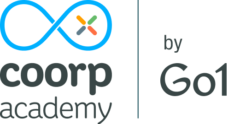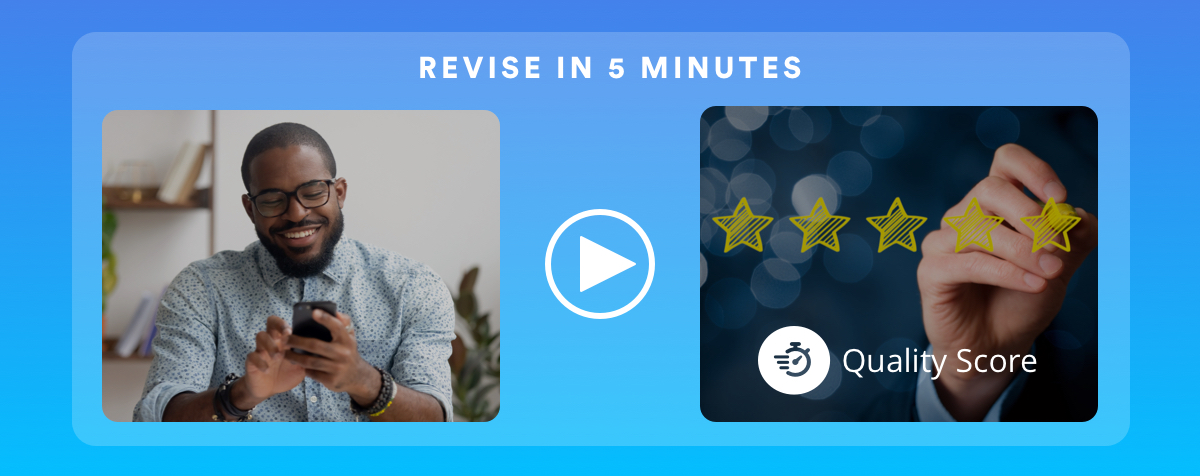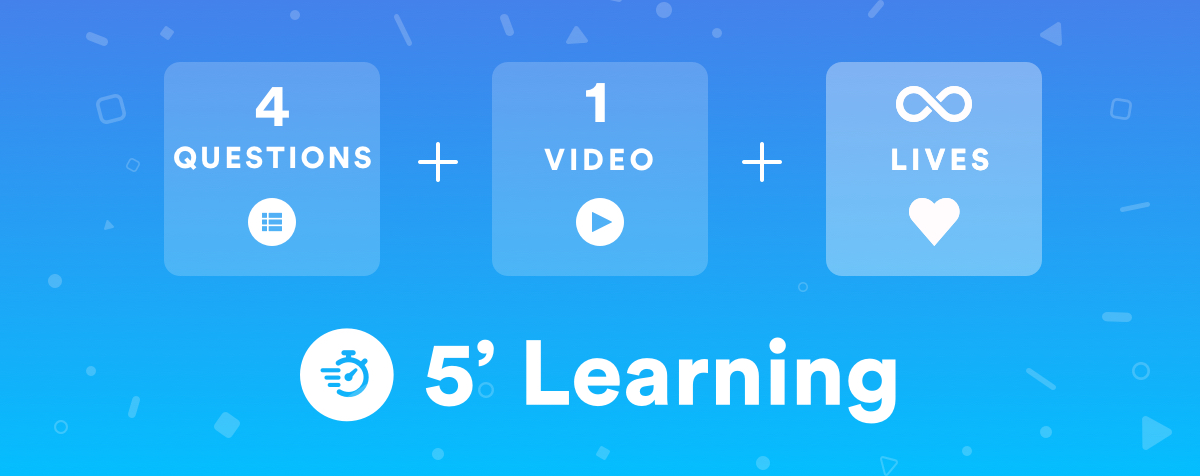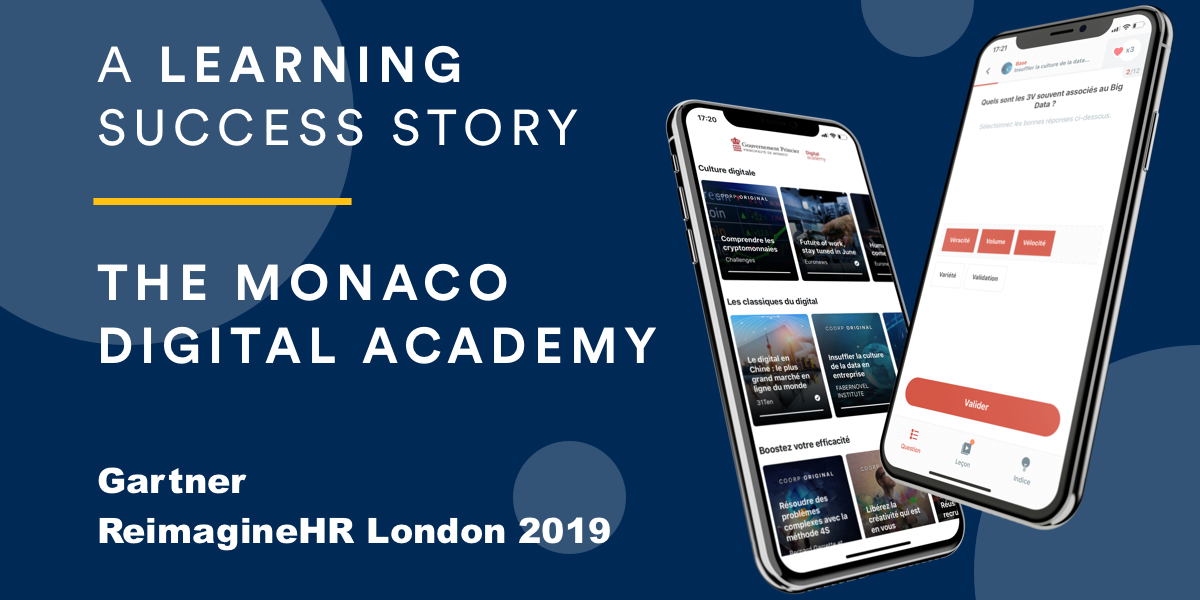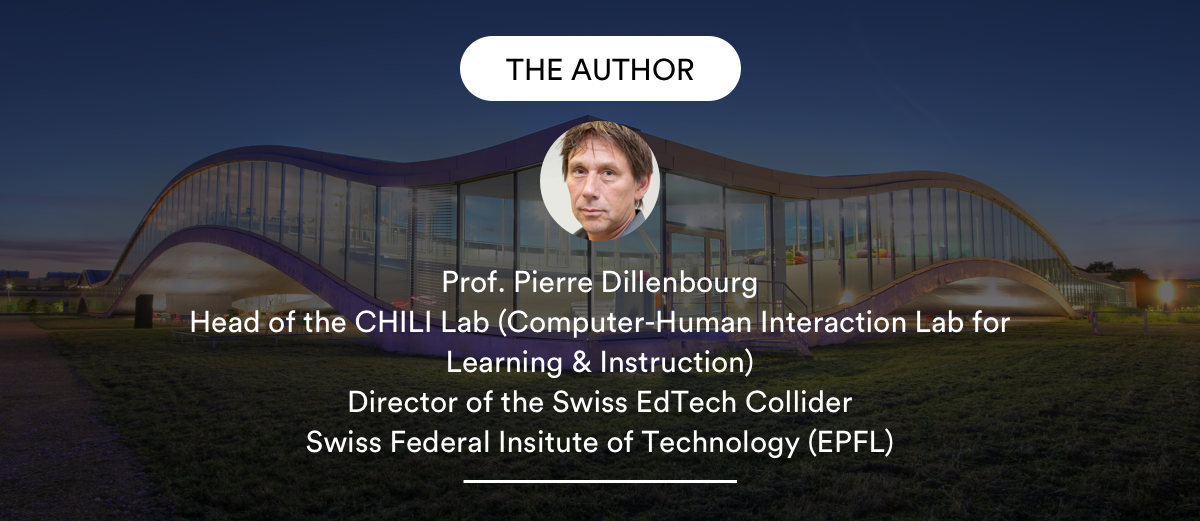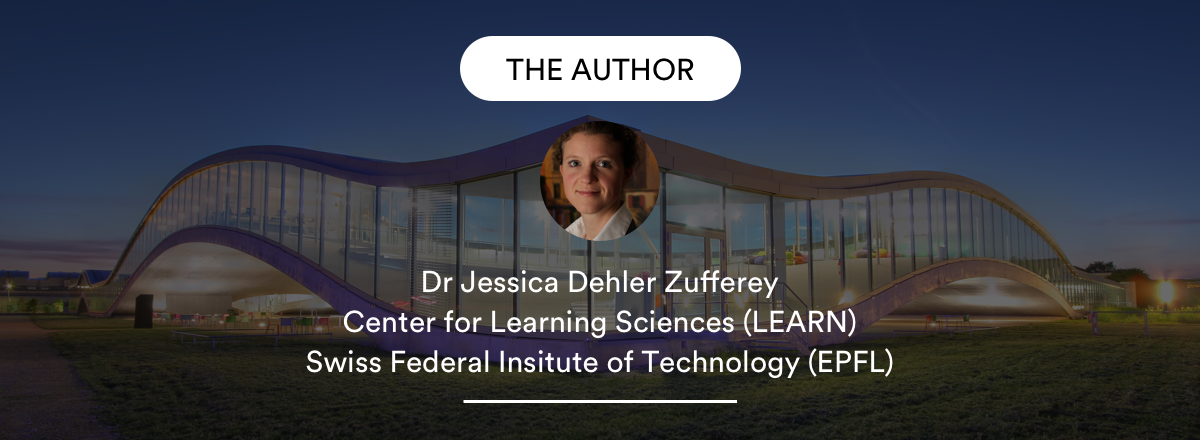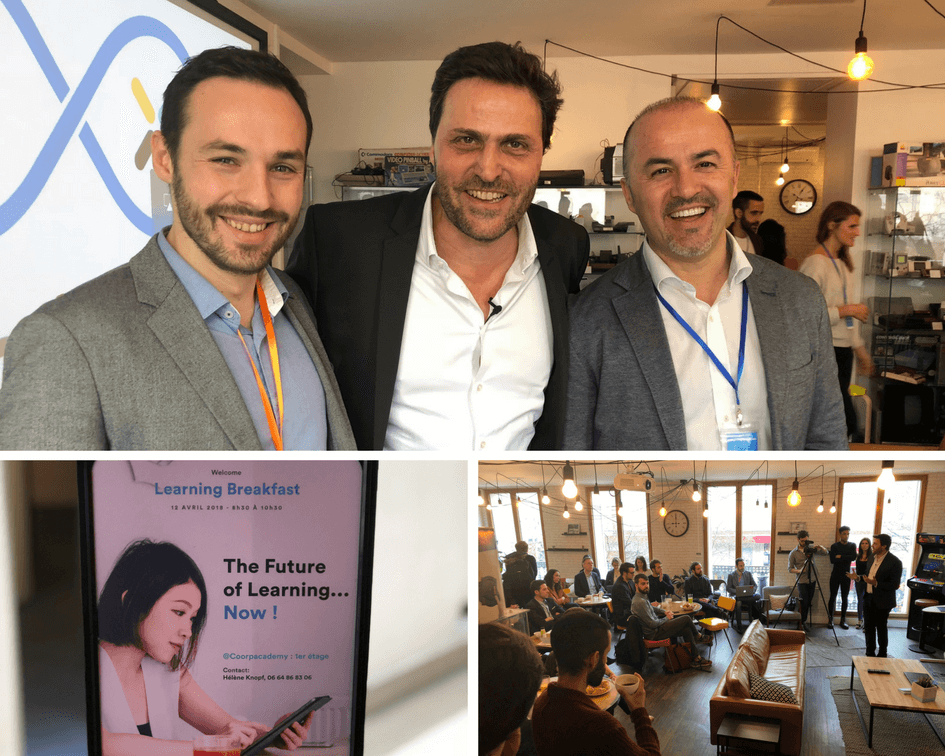This summer, our product team worked hard to give you two new features on the Coorpacademy platform. Here’s a short article to unveil them to you!
A new heart to love learning.
Cats have 7 (or 9), you had 3 to complete a course chapter on the Coorpacademy platform. Do you know what we are talking about? Lives, of course.
As a reminder, if you give a wrong answer, you lose a life. Once you’ve lost all 3 lives, you have 2 choices: you can watch the course video to win back one life, or you can start the chapter again. But that was before!
You have now 4 lives for each level, all the time, on Coorpacademy.
Why did we chose to do this?
We’ve observed that the success rate could increase by 50% on a course with one more life! Less stress, more time to focus on answering properly, on “Key Learning Factors” or on “Did you know?”. In the end, bigger chances to succeed in a course and bigger ones to love learning.
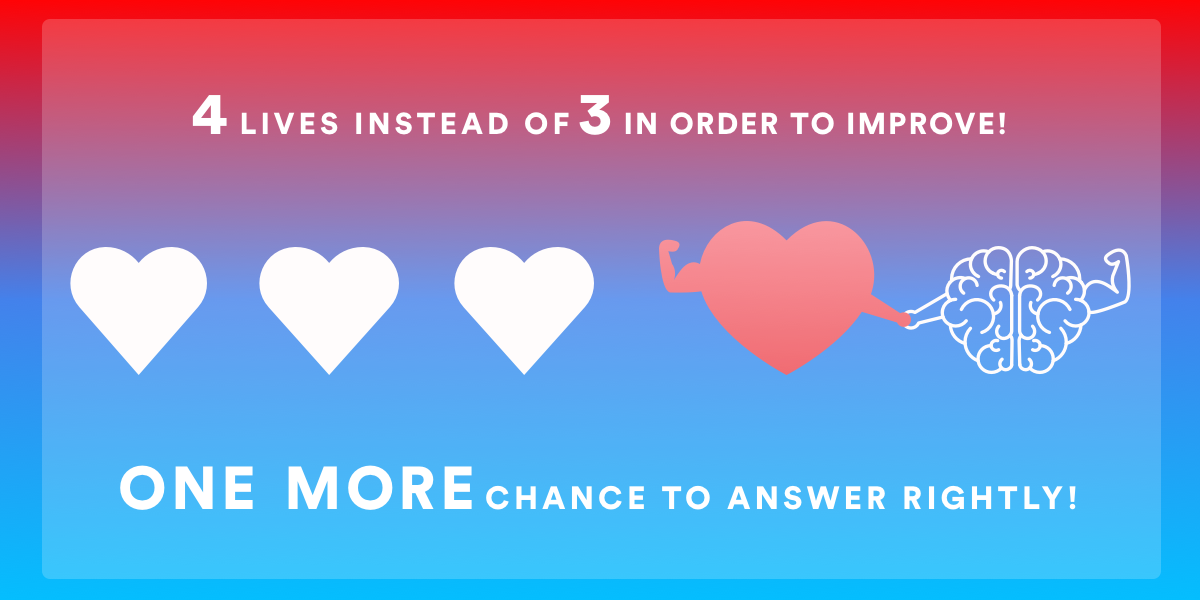
Now that you love learning (even more that before), would you have 5 minutes?
5 minutes, it’s the time it takes to water your plants, to cook pasta or to take a shower. It’s now also the time you need to learn or to strengthen your knowledge on a topic. Because our agendas are fully booked, we’ve created 5′ Learning.
The way it works? It’s training, but in very short 5 minute sessions.
It allows you to learn always at the right time, before a meeting, when you really need to acquire some knowledge or – very simply – when you have a little time to satisfy your desire to learn.
Most importantly! There’s no life counting in 5′ Learning courses.
What does this mean?
You’ll never be stopped while doing a course, whatever the answers you give, right or wrong. You’ll then have time to focus on the correction of the questions you answered wrongly. Always keeping in mind that the goal is to revise, to learn and to memorize, at your pace.
Would you like a concrete example?
Franck is Digital Marketing Specialist in his company and he knows everything about digital campaigns. When he shows up at the office, he receives a meeting invitation from the SEO (Search Engine Optimization) Specialist, scheduled in 30 minutes, on the Google Ads “Quality Score” topic.
He freaks out a bit, because he doesn’t remember what it is and is afraid to ask someone. He takes his mobile phone, logs in into his company’s Coorpacademy Digital Learning Platform and selects the chapter “Quality Score: Your Adwords Campaign Currency” from the course “Search”.
4 questions, a 2 minute course video: in 5 minutes, Franck revised the key points of the Quality Score, without pressure because there’s no life tally, and is fully ready for his meeting.
Infinity of lives in 5′ Learning, zero pressure for a maximum of learning benefits.
